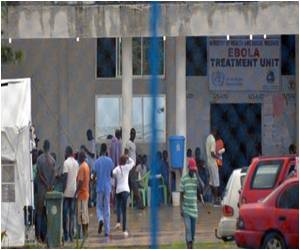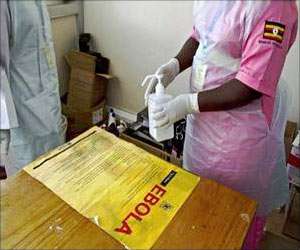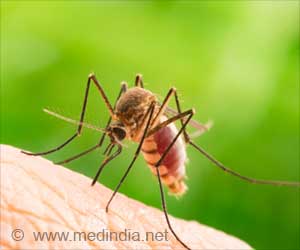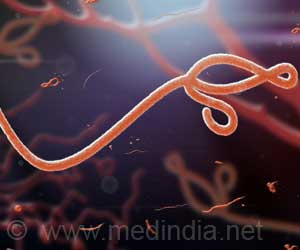The Ebola outbreak in west Africa has exposed weaknesses of the healthcare systems of the countries and will require millions of dollars to rectify if they are to withstand future shocks.

After talks with donors and NGOs in Geneva on how to plan for the future, Guinea's health minister Remy Lamah said the virus had "laid bare our weaknesses".
He said he hoped that the Ebola epidemic in his country could be over by the end of April.
But he warned: "It will take at least five years to have a health system strong enough to respond to another similar outbreak. It will require about $300 million."
Sierra Leone's health minister Abu Bakarr Fofanah declined to give a figure but said he was drawing up a "five, six, seven, eight-year plan" to rebuild and strengthen health services for after Ebola was defeated.
The World Health Organization has warned that deaths from the outbreak will surpass those directly killed because of its crippling effect on already patchy health services.
Before the outbreak, the impoverished nations counted just between one and two doctors per 100,000 inhabitants and many of these have since died themselves from the virus.
Liberia's chief medical officer, Bernice Dahn, said that at one point in the outbreak 65 percent of health facilities were closed by default because health workers fell ill.
"Routine healthcare services went down. Pregnant women did not have access to healthcare, children were not getting their immunisation, people with hypertension were not getting care," she said.
Dahn said that immediate costs included $70 million for supplies for infection prevention and control alone, and another $56 million for basic services.
Liberia had long been the hardest hit country but has seen a clear decrease in transmission of Ebola over the past month, and now has fewer cases than Sierra Leone.
"There are still areas of intense transmission in the country, particularly in the western area where unfortunately the capital is located, and also in the northern province," Fofanah told AFP.
He added: "We are creating more bed spaces, more support is also coming in terms of the logistics that we need, like ambulances to remove cases from the community and we are building more small community care units."
Source-AFP
 MEDINDIA
MEDINDIA




 Email
Email






